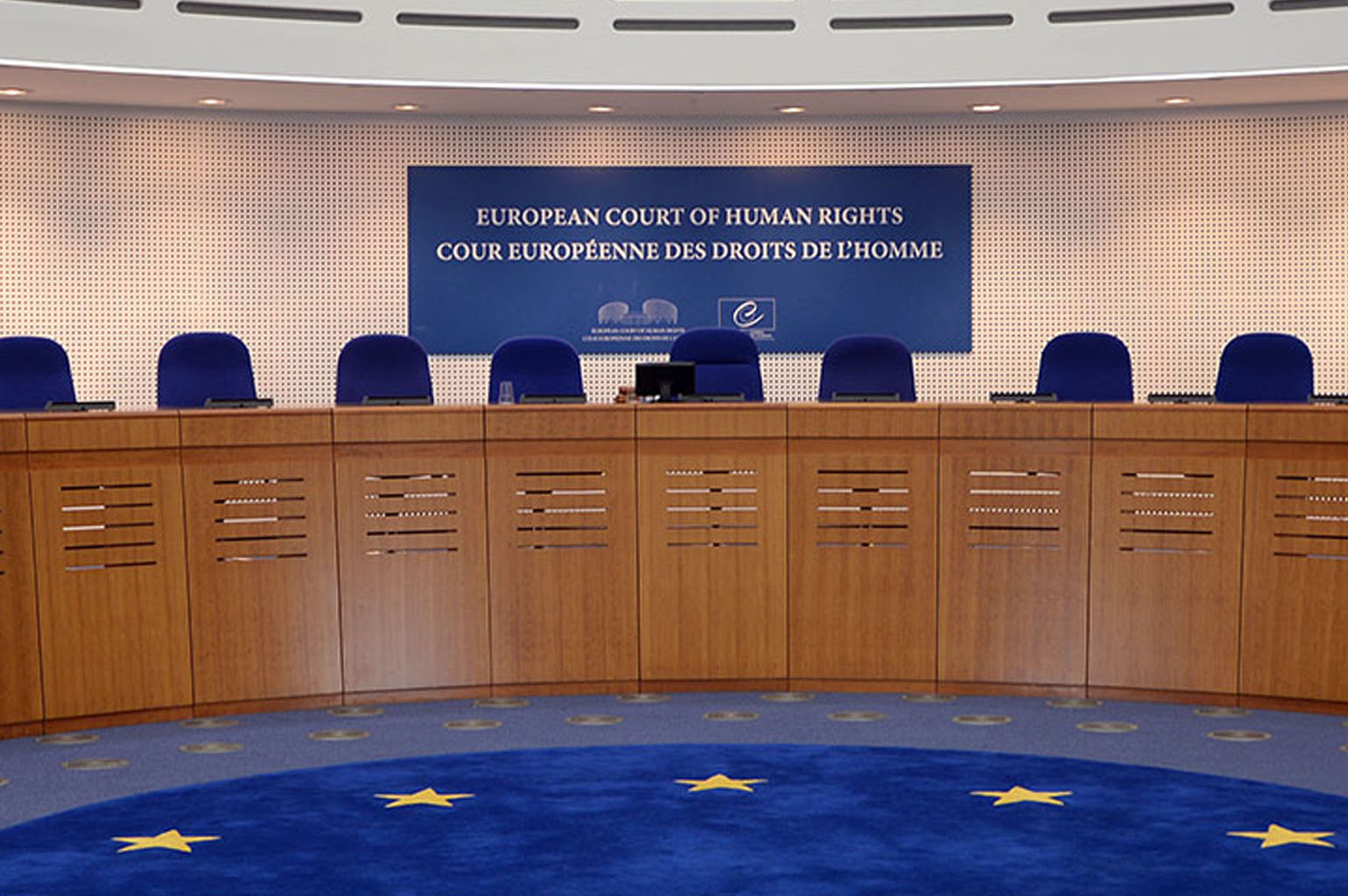NEWS

On November 8, 2018, the European Court of Human Rights (ECtHR) began to examine the case of Giga Otkhozoria on merits. In particular, the Court addressed the Russian Federation, as the respondent State, with respective questions concerning the case of Otkhozoria’s murder.
Giga Otkhozoria was killed by a so-called Abkhazian border guard, Rashid Kanji-Oghli on May 19, 2016, near the administrative border between Georgia and the region of Abkhazia, on the territory controlled by the Georgian authorities. On January 11, 2018, Otkhozoria’s family lodged an application with the ECtHR regarding the murder. In the application the plaintiffs argue that G.Otkhozoria was deprived of his life as a result of illegal use of force by the so-called Abkhazian border guard. They also argue that investigation into the murder was ineffective.
The Russian Federation will have to answer the ECtHR questions about the fact of deprivation of Giga Otkhozoria’s life and in particular, whether the Russian Federation violated Otkhozoria’s right to life and the extent to which the investigation into Otkhozoria’s murder by the national investigative authorities was effective. In addition, the ECtHR demands that the respondent State submit copies of all investigative materials obtained within the investigation of Otkhozoria’s murder carried out by the de-facto Abkhazian authorities. The Russian Federation must submit its answers to the ECtHR questions by the deadline of March 7, 2019.
Giga Otkhozoria’s case sets an important precedent since the Court will have to address the question of whether the Russian Federation is exercising effective control over the territory of Abkhazia and whether it is responsible for actions of representatives of the de-facto Abkhazian authorities.
In addition, the case of Otkhoziria clearly depicts the alarming situation on the occupied territories of Abkhazia and Tskhinvali and in villages near the occupation line, with respect to human rights situation, and it clearly demonstrates once more the serious security problems at the so-called administrative border.
SHARE: